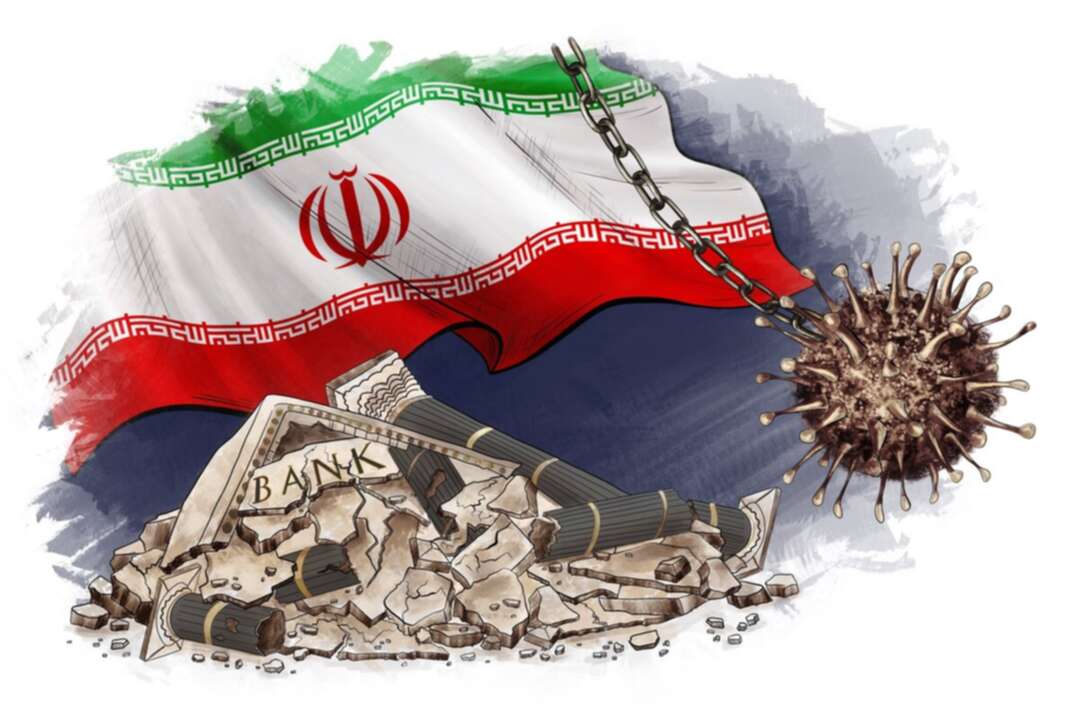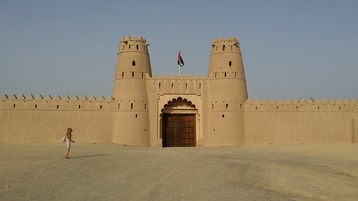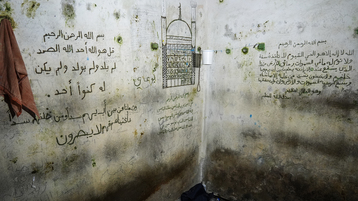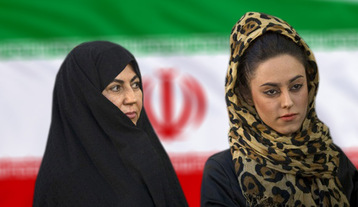-
Covid-19 continues its toll in Iran

Iran has faced a new wave of the Covid-19 epidemic with the mutated virus known as the Delta, killing at an alarming rate, especially in Sistan Baluchestan province. Covid-19
Most countries worldwide have managed to control the spread of the virus with widespread vaccination and have decreased the number of deaths to a minimum. The news worldwide also suggests the easing of the restrictions and gradual return to everyday life.
According to reliable sources, the death toll from the Covid 19 in Iran has reached 323,000 so far, but the government, covering the actual death toll, has announced that less than a quarter of this number, i.e. about 85,000 people. However, In an interview with Arman Melli newspaper on June 28, Mohammad Reza Mahboubfar, one of the regime's health experts, admitted that more than 300,000 people have died of the virus so far.
Moinuddin Saeedi, a member of Iran's parliament from the city of Chahar Bahar in Sistan Baluchestan province (one of the poorest and under-developed provinces in Iran), told ILNA (State –run media) that a catastrophe would be felt in every sense of the word if measures were not taken to curb the virus in the province.
He said there was only one 196-bed hospital in the region for a population of more than 800,000. The hospital lacks the requirements to fight the disease.
Malek Fazeli, a representative of the city of Saravan in the parliament, also said that Saravan, with a population of 480,000, has only one hospital and no ward for Covid-19 patients.
He added: "The city has only one infectious disease specialist, who is also the head of the hospital."
According to the Sunni Friday Imam of Saravan, “the city's hospital does not have an infectious disease doctor. The Nurses are visiting the Coronavirus patients. The hospital is not ventilated, and 8 out of 10 Corona tests are positive.”
10 cities of this province do not have hospitals at all. Due to the far distances between cities, it is very difficult to transfer patients to even the nearest hospital.
Although there are many suspected cases of Coronavirus in this province, the government does not reveal the real numbers and the numbers announced are unrealistic. because many patients in rural areas die from this disease without being included in the statistics.
The Delgan city hospital does not have a CT scan machine. If someone wants to have a lung CT, they have to travel about 150 kilometres to the city of Iranshahr, which is very difficult considering the conditions of this province and the cost involved.
The people of this province are advised not to leave their homes, and the banks and offices have been closed. However, the people of many areas, such as Chabahar and even the capital of Zahedan province, have to buy water and other essential food items from the market and have to leave their homes. About 25% of the people of Zahedan do not have access to clean water. More than 400 villages in Chabahar do not have drinking water. In the whole province, more than 2500 villages do not have a water supply network at all.
The city of Zahedan has transformed into a ghost town. Covid-19
Murad Ghasemi, an employee of a medical center in Zahedan, lost his wife some time ago due to the pandemic. "There are no vacant hospital beds in the city of Takht. Everyone is confused and frustrated. There is a severe shortage of equipment, from latex gloves to injectable serums. For example, in Imam Ali (AS) Hospital in Zahedan, there are no latex gloves and 5 cc sampling and injection syringes. Surgical gloves are sold for 15,000 Tomans (Iran's currency) in pharmacies. Remedicor medicine could not be found at all, and hospitals have no access to any medicine. My wife's symptoms started with fever and diarrhea. At first, we thought she had heat exhaustion, but her symptoms got worse. By the day when she arrived at the hospital, a CT scan revealed that more than 80 percent of her lungs were infected. Now I am left with a 40-day-old baby.
Brahui, another resident of Zahedan, says that provincial officials have not paid the slightest attention to the working class. Whether they go to work or not, the government officials are paid a fixed salary per month. Still, they never think about what I and others like me should do, waiting for a full day in the heat and returning home empty-handed and embarrassed from the family at the end of the day.
"The main custodian and responsible for controlling Covid 19 in Iran is the government," said Naji, a member of the Covid 19 scientific committee. During these 16 months, the government and the Ministry of Health failed in their duties and did not succeed in controlling the disease. In my opinion, with the continuation of such behaviors, it seems this has been intentional. So far, no proper quarantine has been applied in the country. Lack of follow-up and control of the epidemic in the country has taken a deliberate form. The people can not wait for the mass production of domestic vaccines, and the government must provide a reliable and trustworthy vaccine as soon as possible. "Otherwise, we will lose many people." Covid-19
It should be noted that while most of the Gulf States have vaccinated more than 60% of their population and Turkey, which has a population equivalent to Iran, has vaccinated more than 55% of its population.
Due to the widespread corruption of the ruling regime, which only cares about its own survival and does not care about the lives of the people, Khamenei banned import of Moderna and Pfizer vaccines into Iran, and now only about 5% of the population has been vaccinated (most of them have received only the first dose). Meanwhile, the Iranian regime claims that two types of Iranian vaccines have passed the testing phase and entered mass production, and will soon be exported to other countries. levant
by: Cyrus Yaqubi levant
Cyrus Yaqubi is a Research Analyst and Iranian Foreign Affairs Commentator investigating the social issues and economy of the middle east countries in general and Iran in particular.
.
You May Also Like
Popular Posts
Caricature
BENEFIT AGM approves 10%...
- March 27, 2025
BENEFIT, the Kingdom’s innovator and leading company in Fintech and electronic financial transactions service, held its Annual General Meeting (AGM) at the company’s headquarters in the Seef District.
During the meeting, shareholders approved all items listed on the agenda, including the ratification of the minutes of the previous AGM held on 26 March 2024. The session reviewed and approved the Board’s Annual Report on the company’s activities and financial performance for the fiscal year ended 31 December 2024, and the shareholders expressed their satisfaction with the company’s operational and financial results during the reporting period.
The meeting also reviewed the Independent External Auditor’s Report on the company’s consolidated financial statements for the year ended 31 December 2024. Subsequently, the shareholders approved the audited financial statements for the fiscal year. Based on the Board’s recommendation, the shareholders approved the distribution of a cash dividend equivalent to 10% of the paid-up share capital.
Furthermore, the shareholders endorsed the allocation of a total amount of BD 172,500 as remuneration to the members of the Board for the year ended 31 December 2024, subject to prior clearance by related authorities.
The extension of the current composition of the Board was approved, which includes ten members and one CBB observer, for a further six-month term, expiring in September 2025, pending no objection from the CBB.
The meeting reviewed and approved the Corporate Governance Report for 2024, which affirmed the company’s full compliance with the corporate governance directives issued by the CBB and other applicable regulatory frameworks. The AGM absolved the Board Members of liability for any of their actions during the year ending on 31st December 2024, in accordance with the Commercial Companies Law.
In alignment with regulatory requirements, the session approved the reappointment of Ernst & Young (EY) as the company’s External Auditors for the fiscal year 2025, covering both the parent company and its subsidiaries—Sinnad and Bahrain FinTech Bay. The Board was authorised to determine the external auditors’ professional fees, subject to approval from the CBB, and the meeting concluded with a discussion of any additional issues as per Article (207) of the Commercial Companies Law.
Speaking on the company’s performance, Mr. Mohamed Al Bastaki, Chairman BENEFIT , stated: “In terms of the financial results for 2024, I am pleased to say that the year gone by has also been proved to be a success in delivering tangible results. Growth rate for 2024 was 19 per cent. Revenue for the year was BD 17 M (US$ 45.3 Million) and net profit was 2 Million ($ 5.3 Million).
Mr. Al Bastaki also announced that the Board had formally adopted a new three-year strategic roadmap to commence in 2025. The strategy encompasses a phased international expansion, optimisation of internal operations, enhanced revenue diversification, long-term sustainability initiatives, and the advancement of innovation and digital transformation initiatives across all service lines.
“I extend my sincere appreciation to the CBB for its continued support of BENEFIT and its pivotal role in fostering a stable and progressive regulatory environment for the Kingdom’s banking and financial sector—an environment that has significantly reinforced Bahrain’s standing as a leading financial hub in the region,” said Mr. Al Bastaki. “I would also like to thank our partner banks and valued customers for their trust, and our shareholders for their ongoing encouragement. The achievements of 2024 set a strong precedent, and I am confident they will serve as a foundation for yet another successful and impactful year ahead.”
Chief Executive of BENEFIT; Mr. Abdulwahed AlJanahi commented, “The year 2024 represented another pivotal chapter in BENEFIT ’s evolution. We achieved substantial progress in advancing our digital strategy across multiple sectors, while reinforcing our long-term commitment to the development of Bahrain’s financial services and payments landscape. Throughout the year, we remained firmly aligned with our objective of delivering measurable value to our shareholders, strategic partners, and customers. At the same time, we continued to play an active role in enabling Bahrain’s digital economy by introducing innovative solutions and service enhancements that directly address market needs and future opportunities.”
Mr. AlJanahi affirmed that BENEFIT has successfully developed a robust and well-integrated payment network that connects individuals and businesses across Bahrain, accelerating the adoption of emerging technologies in the banking and financial services sector and reinforcing Bahrain’s position as a growing fintech hub, and added, “Our achievements of the past year reflect a long-term vision to establish a resilient electronic payment infrastructure that supports the Kingdom’s digital economy. Key developments in 2024 included the implementation of central authentication for open banking via BENEFIT Pay”
Mr. AlJanahi concluded by thanking the Board for its strategic direction, the company’s staff for their continued dedication, and the Central Bank of Bahrain, member banks, and shareholders for their valuable partnership and confidence in the company’s long-term vision.
opinion
Report
ads
Newsletter
Subscribe to our mailing list to get the new updates!






















